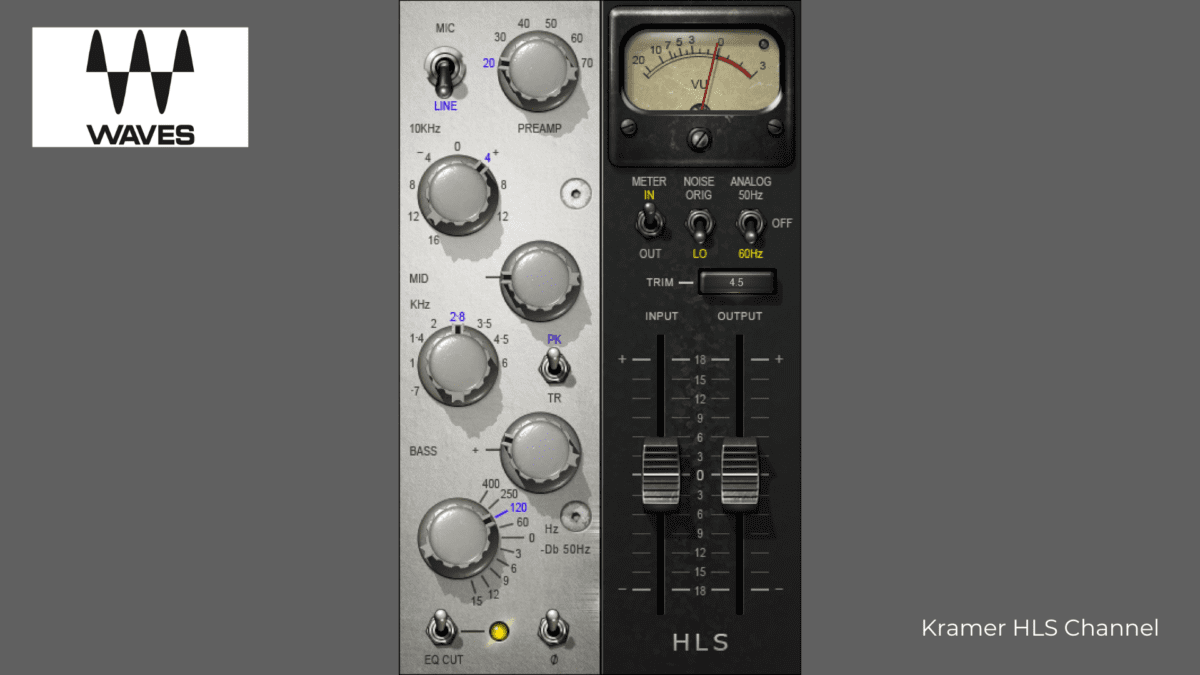One of the more popular types of Projects we see posted on Мusic Gateway is the Remix project. So we thought we’d give some insight on how to go about remixing so you can be getting the most out of these opportunities.
What Is A Remix?
Remixes can be a little misunderstood sometimes, they are a great way to reach out to new audiences, and if done right can be more popular than the original. So what do you have to know to get your remix ready to blow some minds?
There are two types of remix.
Constructive remix – this is one that takes a lot of influence from the original song. You can hear the original in most parts of the song and it’s clearly a remix. This is a common remix type with beginners as whoever commissioned the remix wants a new version of the song that is recognisable and will bring new people in to listen to the original.
Destructive remix – this is the opposite. This is where the remixer really stamps his sound onto the original. This is more common with more established artists and DJ’s as they have probably been asked to remix to get ‘their sound’ onto the original. It might have elements of the original, but it’s much less recognisable. The audio from the original might be really warped and distorted and stretched etc.
Obviously this is a bit of a spectrum, and there are remixes that fall between these two, but one thing you might want to ask yourself is what do you want to get out of this remix? Exactly what level are you at, and what is the person who commissioned the remix asking for? (If anything at all…)
How To Remix A Song?
If you follow these simple steps to remix a song, you will then become a pro.
1. Choose a song you want to remix.
2. Listen to the song and familiarize yourself with the structure, melody, and lyrics.
3. Break down the song into individual elements such as drums, bass, guitar, and vocals.
4. Decide which elements you want to keep and which ones you want to change.
5. Use a digital audio workstation (DAW) to create your remix.
6. Experiment with different effects and sounds to create a unique remix.
7. Mix and master your remix to make sure it sounds the way you want it to.
8. Share your remix with the world! It’s really that simple!

Micky Modelle
Micky Modelle has been Producing and Remixing for some of the Worlds major artists for the last 20 years. He has almost 700 releases on iTunes and racked up 8 platinum albums in Ireland. He has remixed for: Jessie J, Flo Rida, Pink, Atomic Kitten, Sugarbabes, Cascada, and so much more.
Micky was named DJ of the year in 2000, and has been on the Clubland Compilation for 3 years in a row.
With all that in mind we wanted to know what he thought about it all:
1. Where do you start with a new remix, what should be considered?
I would not have always accepted every remix that I would be offered. I would always firstly have to like the track that I’ve been asked to remix. The next thing would be, could I do a good job on the remix and are the parts interesting enough so I could put my own stamp and sound to it
2. How similar to the original song must a remix be?
I never think personally it is a good idea to do a remix that resembles the original otherwise there is not much point in doing a remix.
3. What are the most common difficulties with a remix? Have you had any troubles with any lately and how did you get around it?
I never really have had any problems with remixes generally as I would have liked the record in the first place to produce a remix, but I just take it to a place that I myself as a DJ would like to hear a version of the song which for me would be playable in my sets as a DJ and on my radio shows, so I normally start from that point, and therefore I more or less have a clear vision from the start where I want to take the sound and mix generally.
4. What is the difference for you between working on a remix as opposed to working on an original track?
The difference on working on a remix is, obviously you already have parts for the track, so you really have a starting point of the key of the song etc.
An original piece you have to build from nothing, which can be a little trickier, but again you are not tied to any key or direction so it depends what you prefer personally.
5. How should you approach fee amounts when providing remix work?
I generally feel that when you do a remix your time is spent on someone else’s track, which in reality could be your own track, and if your own track gets signed and you have a hit and get on compilations, you loose out on that income, also you put a lot of your good ideas into mixes as you want them to sound as best and current as possible, so this being the situation you should negotiate the best fee possible and available.
6. What’s your preferred recording software of choice to use?
I prefer Cubase or Logic personally.
7. What advice would you give to anyone taking their first steps into making remixes?
I always think the research is a good place to start. If you are a DJ for instance you should really look at what are the big records in your case and produce your remix so that the DJs and yourself could support and play in their sets
8. Do you think Мusic Gateway is a good place to aquire remix work?
I would say the opportunities are here, yes.
Closing Thoughts
So there you have it folks! I think that is all you need to know about how to remix a song. Now all you need to do is get to your DAWs and you should give it a go. Happy remixing!










